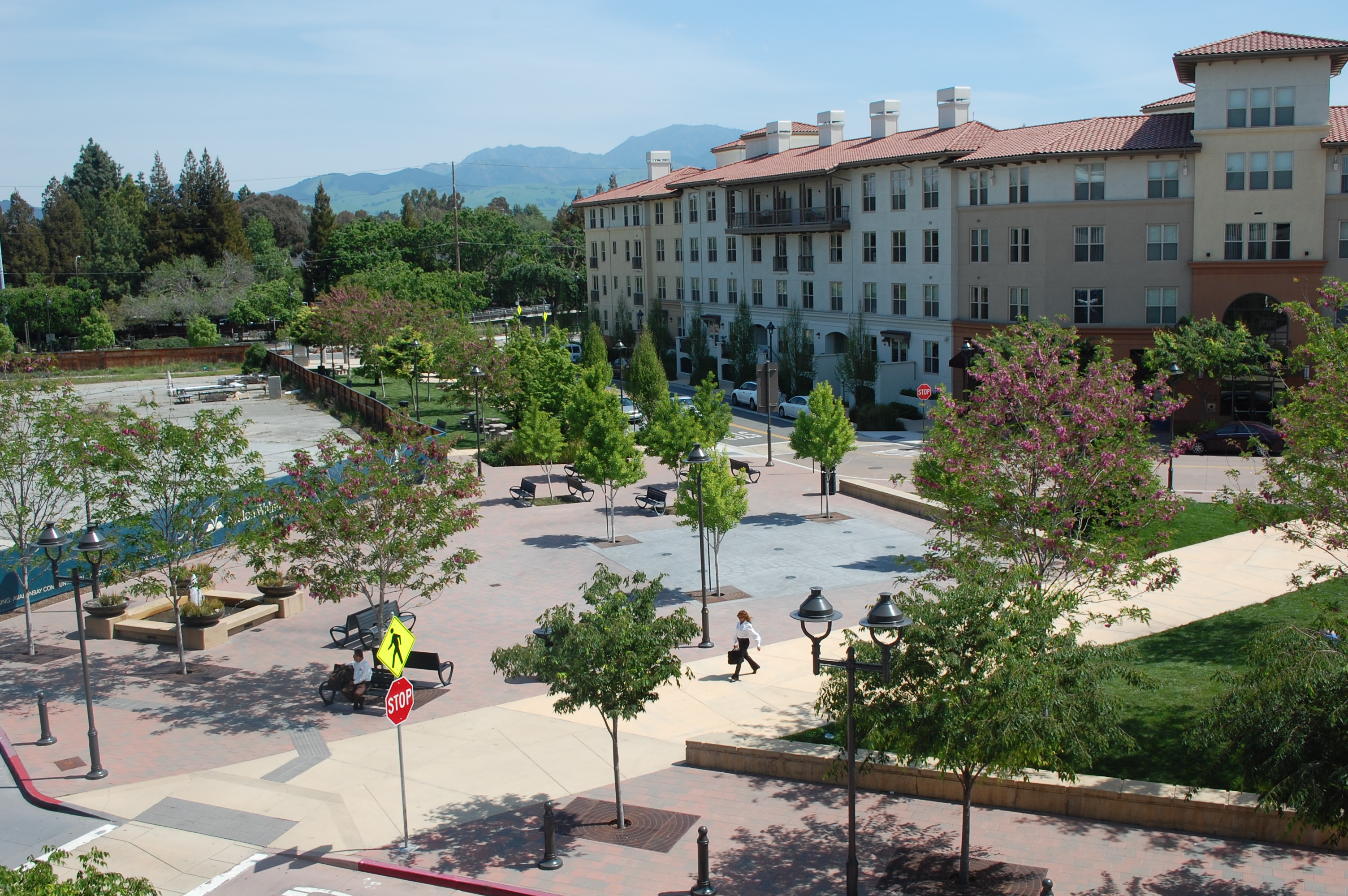Transit-Oriented Development Guidelines and Procedures
The following documents describe BART's expectations for its transit-oriented development at and around its stations, as well as detailed procedures for developers and jurisdictions interested in working with BART on development of BART property. These administrative level documents are guided by, and support, policies adopted by the BART Board of Directors. These policies can be found on the main Transit-Oriented Development site.
Transit-Oriented Development Guidelines
BART’s Transit-Oriented Development (TOD) Guidelines are intended to provide greater clarity around BART’s expectations for TOD, both on its property and within the larger station area. 
Procedures for Development on BART Property
10-Year Transit-Oriented Development Work Plan (2020-2030) describes BART's approach to development of its property and how BART prioritizes sites for development, and identifies upcoming sites that will be the subject of a future solicitation (Request for Qualifications and/or Request for Proposals for a developer).
- 10-Year Work Plan (PDF - for screen viewing)
- 10-Year Work Plan (PDF - for printing)
- 10-Year Work Plan Technical Appendix
Unsolicited Proposals: The Unsolicited Proposals Review Procedure describes the screening process and requirements for developers interested in pursuing development BART property that is not in BART's short term plans for a solicitation. The BART Board amended the TOD Policy to require this procedure in 2019.
Affordable Housing/Financial Return: Pursuant to TOD Policy amendments by the BART Board in 2020, developments with at least 35% affordable housing will be eligible to receive a land value discount of up to 60% from Fair Market Value. The typical discount will be closer to 30%. The approach to calculating this land discount, and requirements to receive it, are described in BART's Financial Return Framework.
Transportation Demand Management: AB 2923 required the BART Board to set travel demand requirements (more commonly known as transportation demand management or "TDM") for developments on BART owned property. The BART Board adopted these requirements as part of its AB 2923 Development Principles in 2020, with a goal of reducing vehicle miles traveled from development by 20%. BART's Transportation Demand Management Program document provides detail on these requirements, and offers a menu of strategies developers can use to meet BART's needs.
BART's Review Process for Development on/near BART Property
Development on BART property, or within the area of influence of BART's right of way, may be subject to design review to ensure that it enhances BART access and does not impede current or future operations needs.
BART facilities that are part of BART's TOD projects adhere to the BART Facilities Standards which are regularly updated by BART staff. The BART Multimodal Access Design Guidelines are integrated into the BART Facilities, and are designed to support BART's commitment to enhancing access for pedestrians, bicycles and transit.
If you are a developer seeking BART review on a project adjacent to the right of way, please visit BART's construction permits page to get started.
Other BART Documents Relevant to Transit-Oriented Development
Customer Parking: Overview, 2013 Pricing Resolution, 2017 Board Presentation
Station Renaming: Station Renaming Application Overview Memo